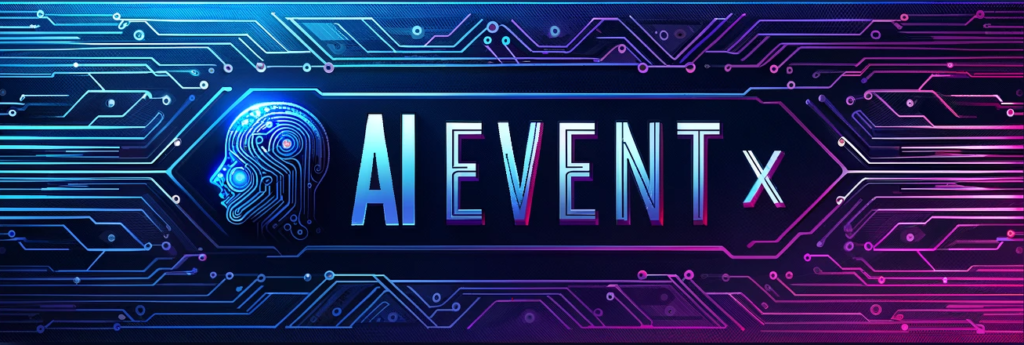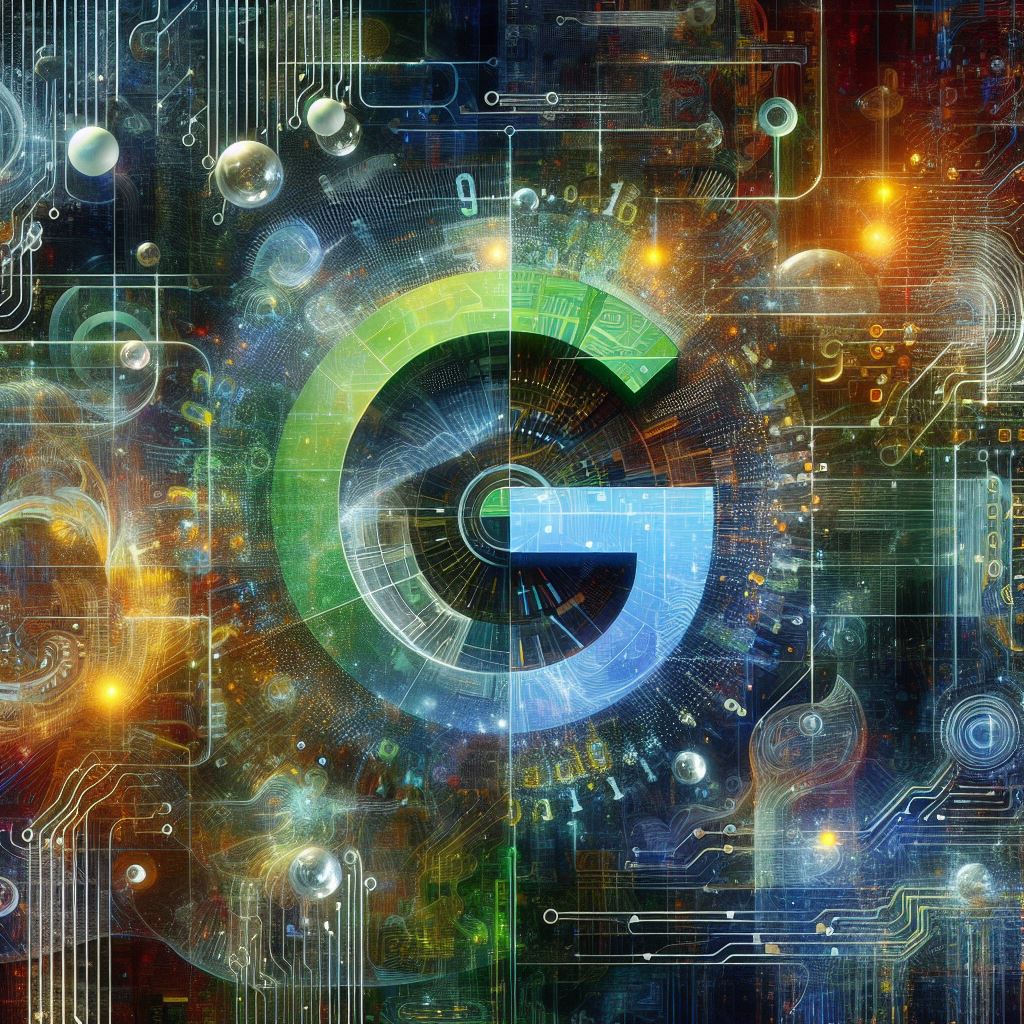In the ever-evolving landscape of artificial intelligence, Google has introduced its latest breakthrough: Google Gemini. This next-generation AI model is poised to redefine the capabilities of machine learning and set a new standard for technological innovation.
What is Google Gemini?
Google Gemini is a set of large language models (LLMs) that leverage advanced training techniques, including tree search and reinforcement learning, derived from Google’s AlphaGo project1. It represents Google’s ambition to create a “flagship AI” that will power a wide array of products and services within its portfolio.
The Genesis of Gemini
The inception of it was first announced on May 10 during the Google I/O developer conference by CEO Sundar Pichai. The project, spearheaded by Google’s Brain Team and DeepMind, builds upon the foundation laid by PaLM 2, the Pathways Language Model 2, which drives AI capabilities across Google’s suite of products.
Multimodal Capabilities
From the outset, it was designed to be multimodal, capable of understanding and interpreting various forms of content, including text, images, and code. This multifaceted approach allows it to engage in human-style conversations, drive data analytics, and assist developers in creating new AI applications and APIs.
A More Human AI
It aims to be more than just a tool; it strives to be a more human AI. Its development focuses on tool and API integrations, accommodating future advancements such as improved memory and planning. This will enable Gemini to offer more intuitive and natural interactions.
Safety and Testing
As with any powerful technology, safety is a paramount concern. Google has been fine-tuning Gemini and rigorously testing it for safety to ensure that it meets the highest standards before its widespread deployment.
Controversies and Clarifications
Despite the excitement surrounding it, there have been controversies, such as a viral video that raised questions about the authenticity of its capabilities. Google has responded to these concerns, emphasizing the importance of transparency and accuracy in demonstrating AI technology.
Impact on Google’s Ecosystem
It is expected to be integrated into most of Google’s products and services. Its launch on December 6, 2023, marked the beginning of a new era for Google, as it seeks to leverage Gemini’s capabilities to enhance its offerings and maintain its competitive edge in the AI space.
The Future of Gemini
Looking ahead, it is set to become a cornerstone of Google’s AI strategy. Its sophisticated multimodal capabilities and human-like interactions promise to revolutionize how we interact with technology. As Gemini continues to evolve, it will undoubtedly play a crucial role in shaping the future of AI.
Conclusion
Google Gemini represents a significant leap forward in the field of artificial intelligence. Its comprehensive capabilities, focus on safety, and potential for widespread integration across Google’s ecosystem make it a game-changer. As Gemini continues to develop and refine its features, the world eagerly anticipates the transformative impact it will have on technology and society.
Also Read: Unveiling the Truth Behind the “Google Gemini AI Fake” Controversy

